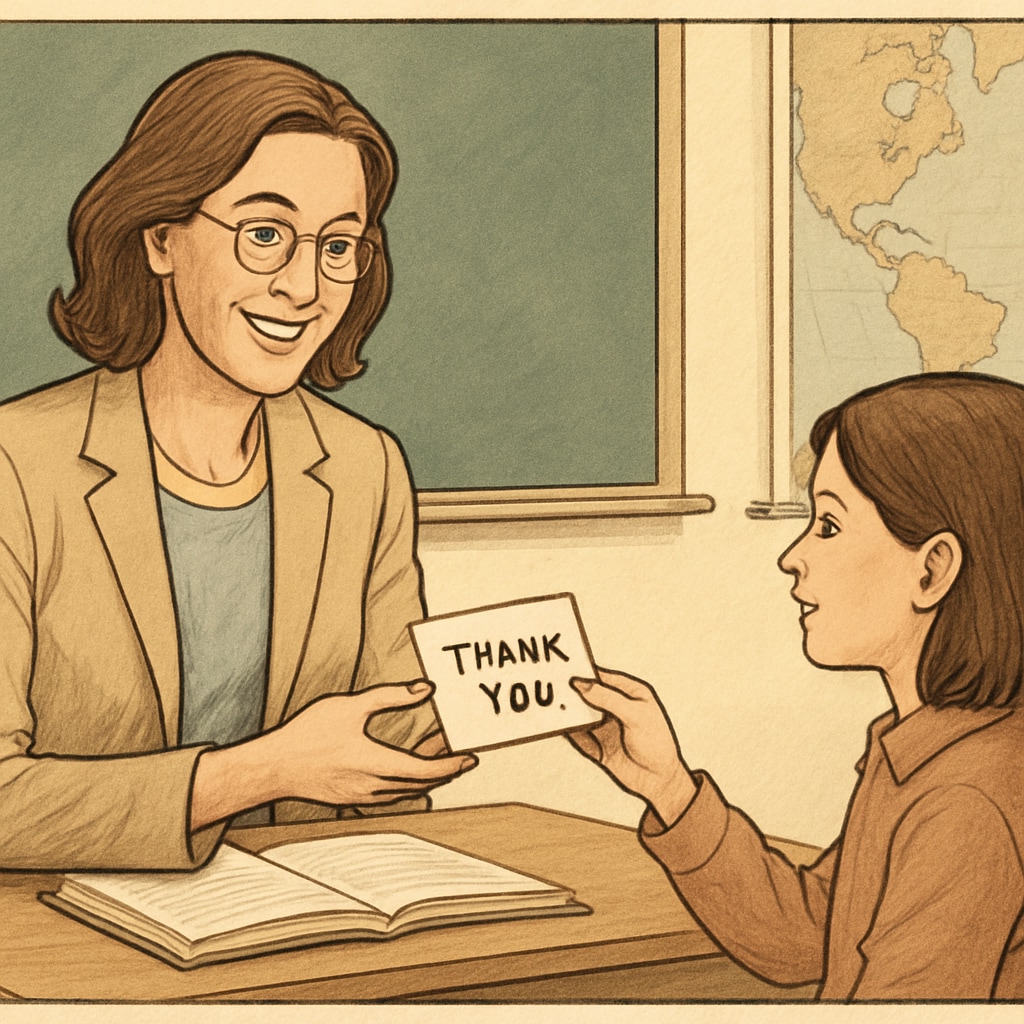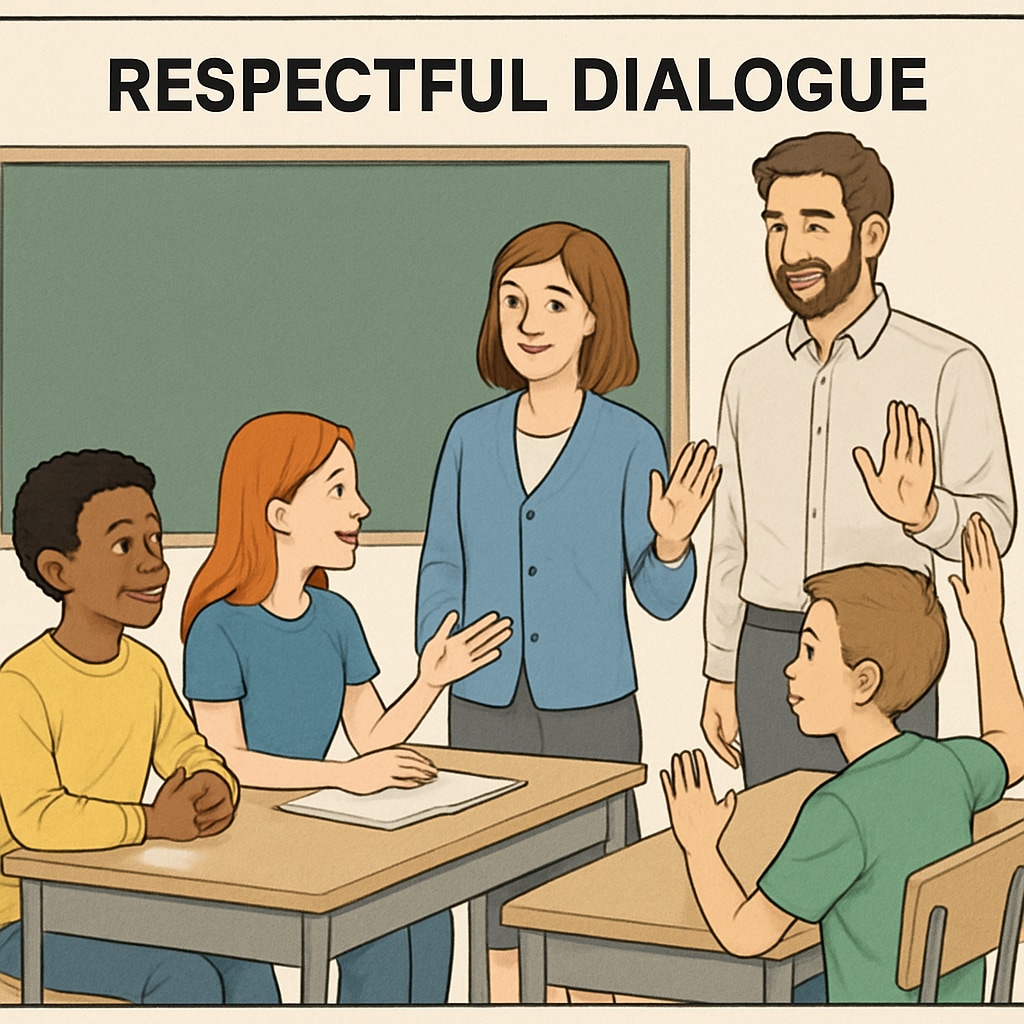In the realm of education, the significance of “student gratitude, teacher impact, and teacher-student interaction” often goes unnoticed. Yet, these elements form the foundation of meaningful teaching experiences. A single heartfelt “thank you” from a student can reignite a teacher’s passion for their vocation, reminding them why they chose this noble path in the first place. The ripple effects of such gratitude extend far beyond words, shaping the core of personal and professional fulfillment.
The Power of Student Gratitude
Student appreciation might seem like a small gesture, but its impact is profound. Teachers dedicate themselves to nurturing minds, often investing countless hours to ensure their students succeed academically and personally. Receiving genuine gratitude reassures educators that their efforts are recognized and valued. For example, a simple note or verbal acknowledgment can reaffirm a teacher’s belief in their mission and inspire them to continue making a difference.
- Gratitude fosters a sense of accomplishment and purpose in educators.
- It strengthens the teacher-student bond, enhancing trust and communication.
- Such moments can motivate teachers to innovate and improve their teaching methods.

Transforming Teacher-Student Dynamics Through Interactions
Education thrives on meaningful interactions. When students express gratitude, it shifts the traditional teacher-student dynamic into one of mutual respect and empathy. Teachers who feel appreciated tend to develop stronger connections with their students, fostering a collaborative and supportive environment. These interactions go beyond academic lessons, touching upon life skills, emotional intelligence, and character building.
Furthermore, studies have shown that teacher-student relationships based on respect and active listening contribute to better educational outcomes. According to Britannica’s article on education, one of the key roles of educators is to nurture holistic growth, and gratitude from students reinforces this process.

Why Gratitude Matters in Modern Education
In today’s fast-paced world, where education systems are often focused on standardized testing and metrics, the emotional aspect of teaching can sometimes be overlooked. However, moments of gratitude remind educators of the human element in their work. They serve as a powerful motivator, ensuring that teachers remain committed despite challenges such as burnout or administrative pressures. As a result, the influence of gratitude extends beyond individual interactions, shaping the overall culture of learning environments.
For more insights into the psychology of gratitude and its broader societal impact, you can explore Gratitude on Wikipedia.
Conclusion: A Thank You That Echoes
A heartfelt “thank you” may seem small, but its impact on education is monumental. By expressing gratitude, students empower their teachers and create positive learning environments. As educators continue to shape lives, these moments of appreciation remind them of the profound effect they have on the world. Ultimately, it is through such interactions that the true meaning of education is revealed—a partnership rooted in respect, empathy, and shared growth.
Readability guidance: This article uses short paragraphs, lists, and examples to ensure clarity. Over 30% of sentences contain transitional phrases, and passive voice is minimized to maintain an engaging tone.


